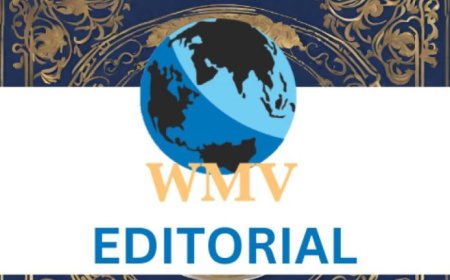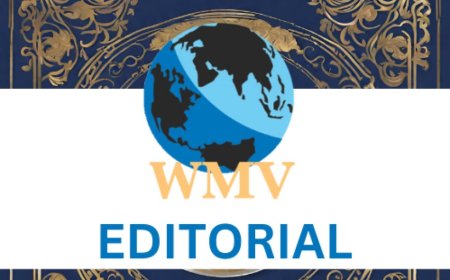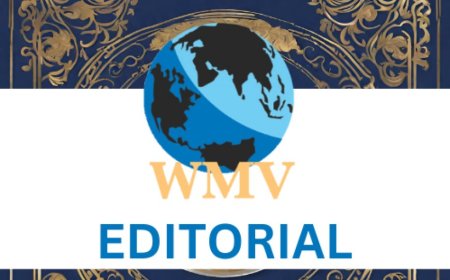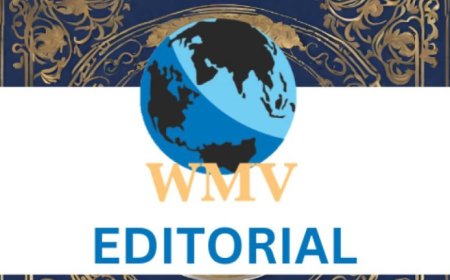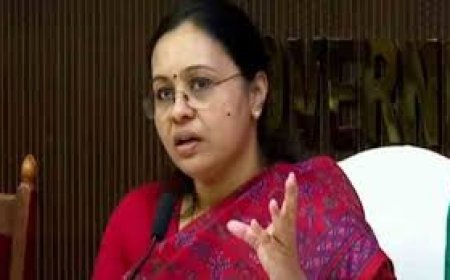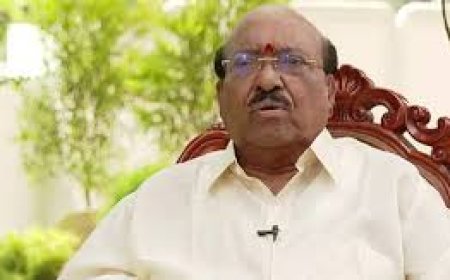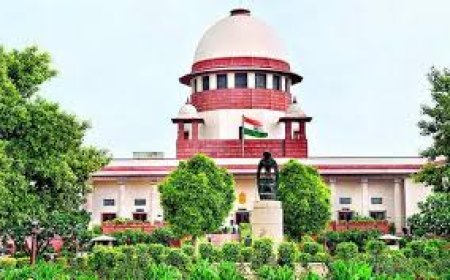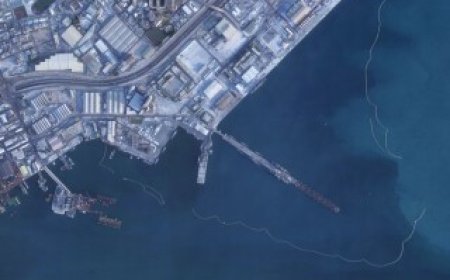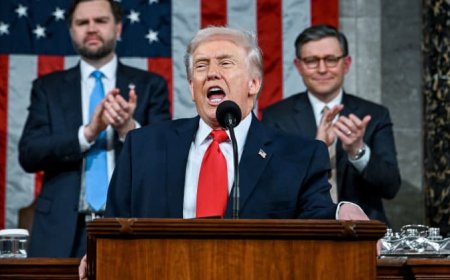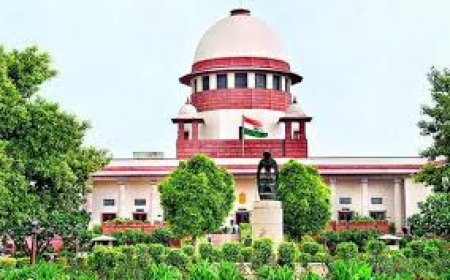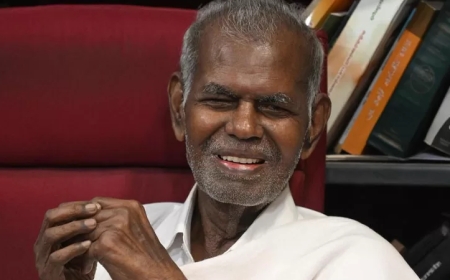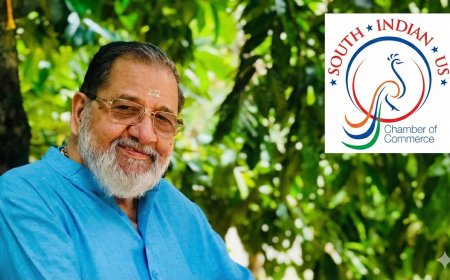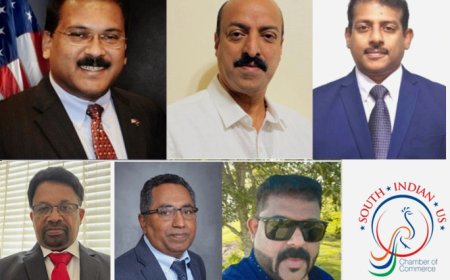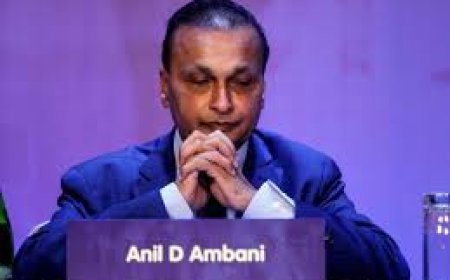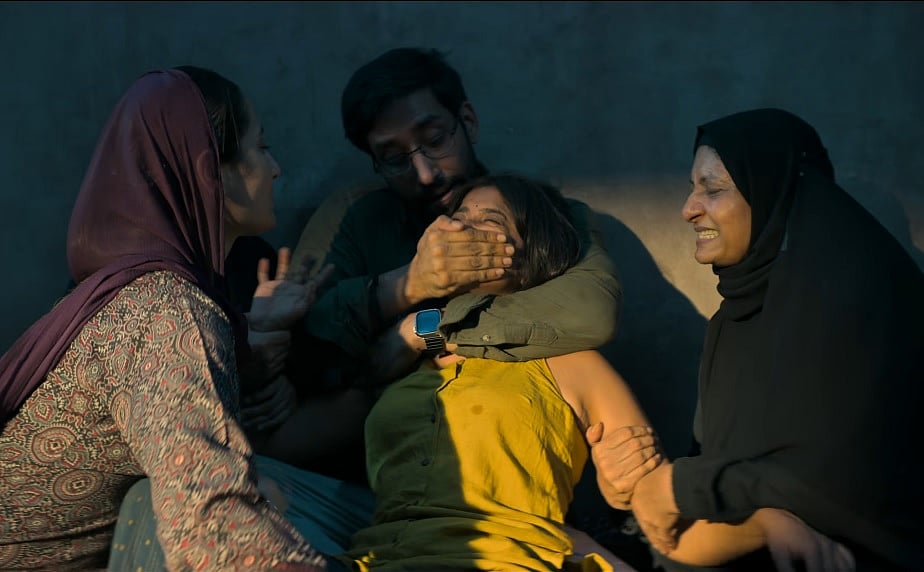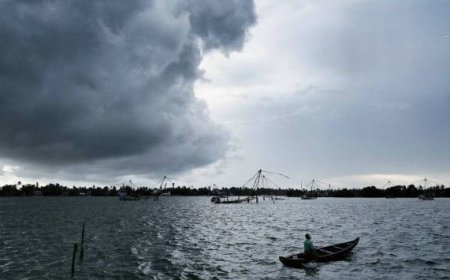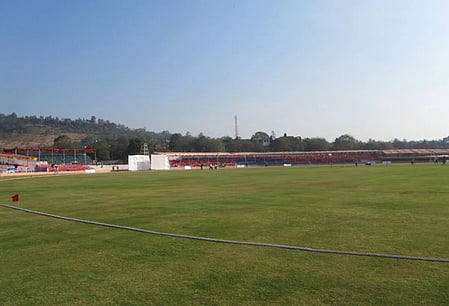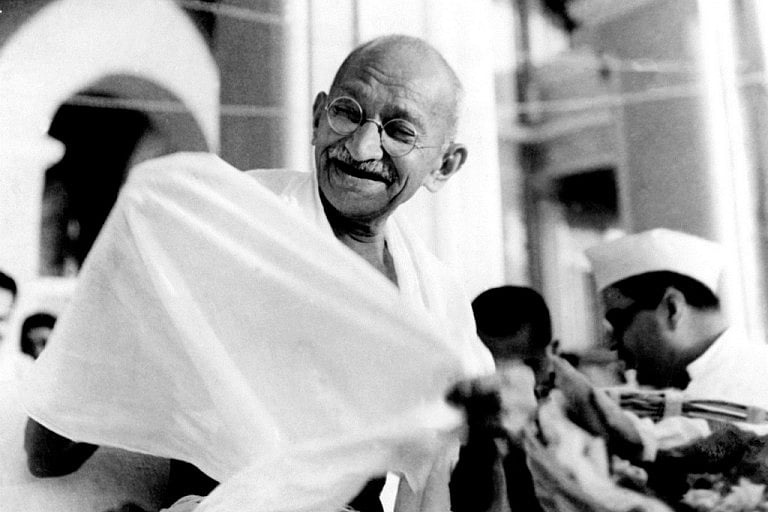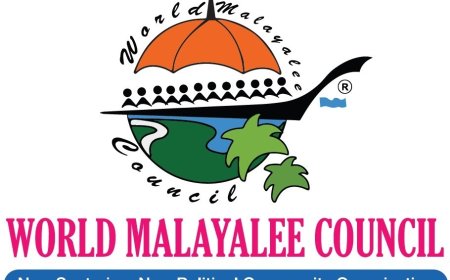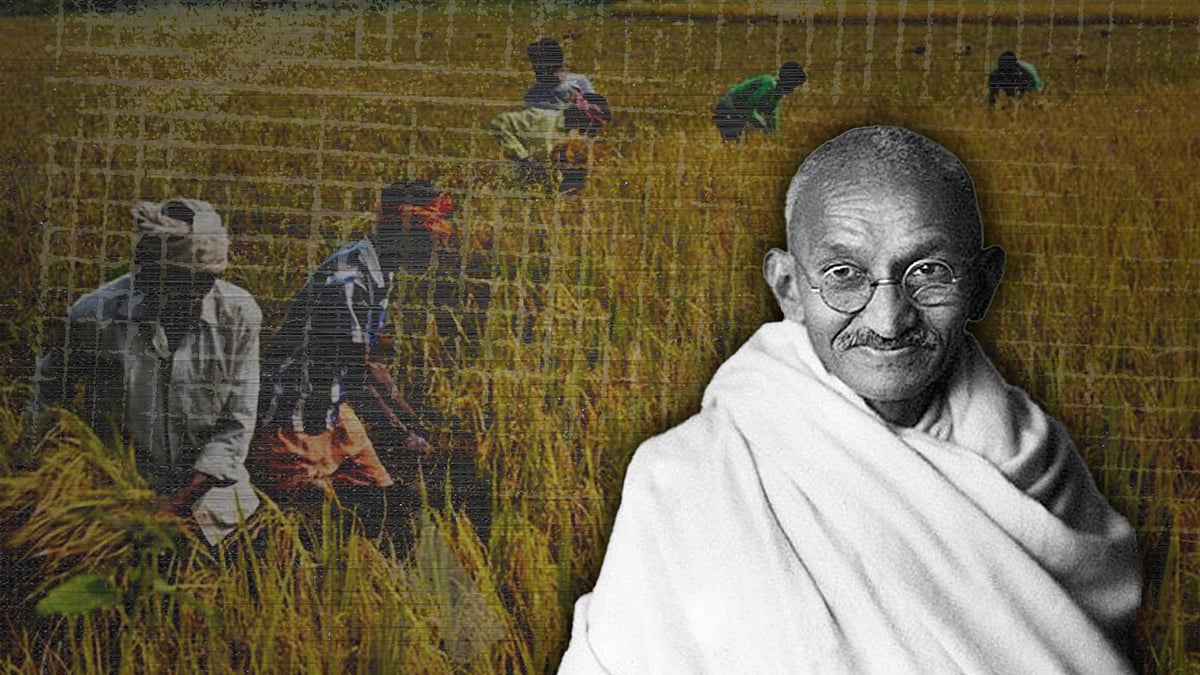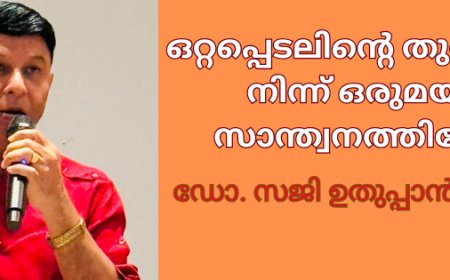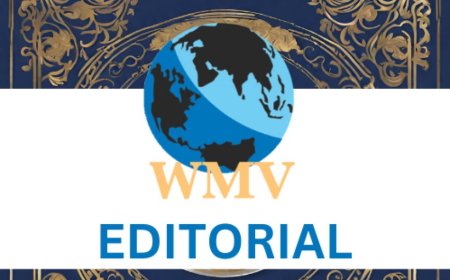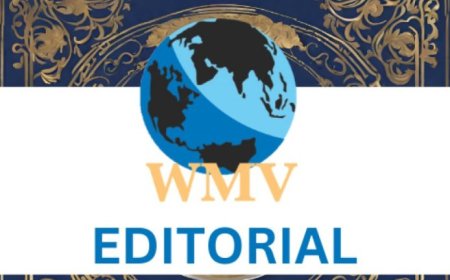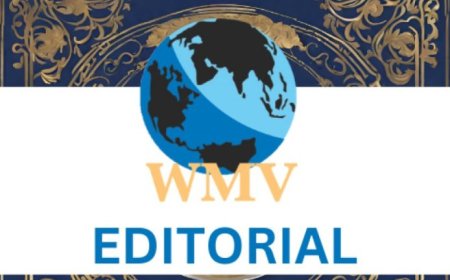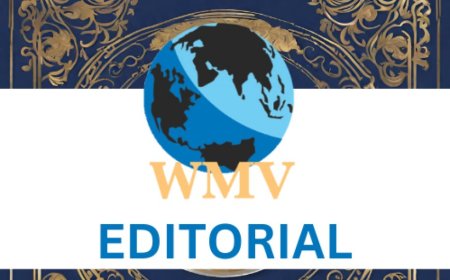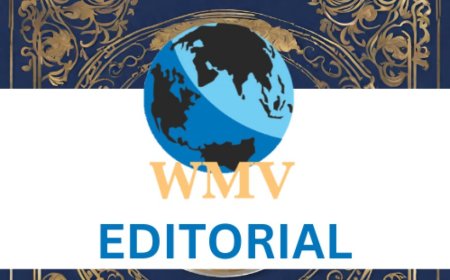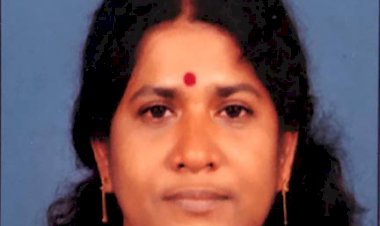There is urgent need to check the growing drug menace

STRINGENT measures needed to be taken to put an end to the flourishing trafficking and consumption of drugs in Kerala.
Even middle school pupils are enticed to taste it by unsuspecting carriers, initially as a free candy from a ‘chettan’ or a ‘chechi’. The kick they get is enough for them to go for it again the next day, this time paying for it from their tuition fee or bus fare. Once the source of funding gets exhausted, they borrow or steal. Finally, these innocent kids end up in counselling and deaddiction centres. The case is not just one, but many in Kerala.
The drug trade is a lucrative business, and it is difficult to eliminate it entirely even if a country is successful in repressing drug trafficking in their country. One of the reasons why the drug trade is such an extensive operation is because there is a high demand for these illicit substances.
These drugs are dangerous for an individual’s health and pose a significant threat to public safety. The global drug trafficking industry is also responsible for the trafficking of humans, particularly women and children, for the purposes of sexual exploitation.
The drug trade is a significant source of income for organized crime, and it fuels corruption in politics. Together, these are reasons why fighting the drug trade is a top priority for governments. Efforts are being made all over the world to put an end to the drug trade and the damage it causes.
In the wake of a sharp rise in drug-related cases reported in Kerala, the government in October launched a one-month-long "No-to-Drugs" awareness campaign. Chief Minister Pinarayi Vijayan said the objective of the drive was to make the state free of destructive contrabands.
Urging people from all walks of life to join hands with the government in the drive, the CM said not even a second can be wasted in the fight against the deadly substance as the terrible harm it causes to society is beyond description.
Anti-drug committees have been set up in all local self-government departments and wards, he said detailing various steps being implemented as part of the programme.
A total of 19,391 such panels have been set up across the state with socio-cultural activists, ASHA workers and Kudumbashree volunteers among others as members.
He also appealed to religious organisations, socio-cultural outfits, students, youths, residents associations, local clubs, Kudumbashree activists and actors besides political parties to be part of the massive campaign.
The detention of habitual offenders for two years without trial, preparation of a data bank of those punished under the NDPS (Narcotic Drugs and Psychotropic Substances) Act and steps to ensure maximum punishment for the offenders were among the various measures announced.
Over 16,000 drug cases have been reported so far in 2022, drawing the government’s urgent attention to the need to check the growing menace in the society.
The Excise and the Police departments are conducting a coordinated drug hunt in the state.
Also, the state police in September launched a new scheme titled ‘Yodhav’ to curb the supply, use and spread of drugs. With the help of the departments of education, health, excise, social justice and local self-government, the new scheme is aimed at preventing drug abuse among school, college and university students.
State police chief Anil Kant said various voluntary organisations and social workers campaigning against drugs will also be part of the project. The project aims to identify drug victims and expand anti-narcotics activities. A database of those involved in drug cases will be prepared and shared with all police officers.
As part of this, one teacher from each school who is interested in anti-drug activities will be selected. After a training period of two days, their services will be utilised to identify drug victims and conduct anti-drug awareness activities. A meeting of such teachers will be convened by the respective station house officer once a month. The nodal officer will be the DySP in charge of the Narcotics Cell.
Let’s hope that positive results would emerge from the various government campaigns to contain the drug threat the society is facing.
